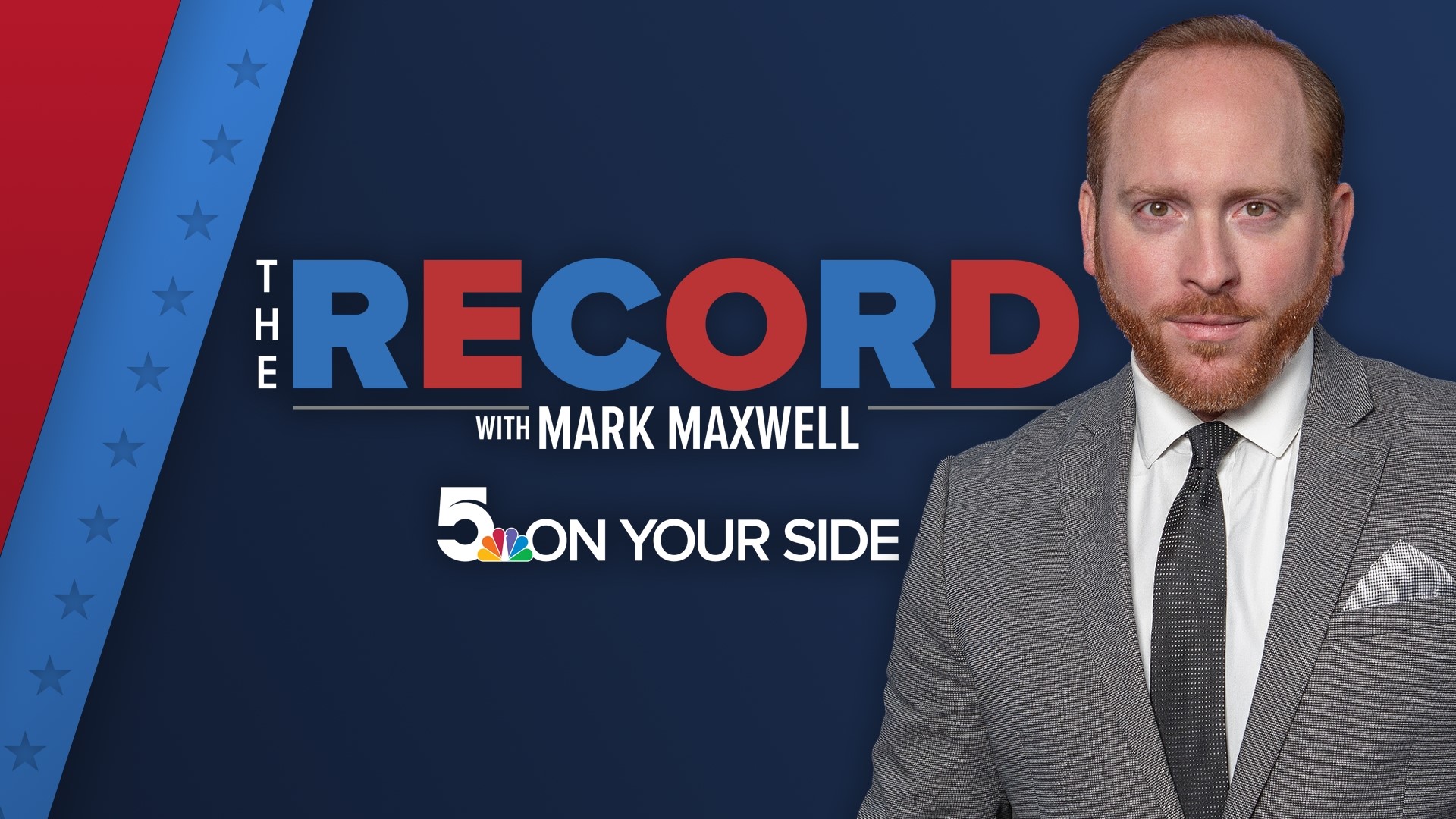WASHINGTON — House Budget Chairman Paul Ryan, R-Wis., released a fiscal road map for the next decade that would raise no taxes, repeal President Obama's health care law, and fundamentally alter Medicare benefits for future retirees. Ryan claims the result would be a balanced budget by 2024.
"This is a plan to balance the budget and create jobs, and it builds off a simple fact: We can't keep spending money we don't have," Ryan said Tuesday.
The budget plan is not expected or really even intended to become law; it is designed to outline Republican priorities and goals for taxes and spending over the long term. But the GOP-led House of Representatives will spend the next two weeks debating it anyway.
The Ryan budget would cut spending by $5.1 trillion over the next decade to achieve balance by what the government spends to what it collects in revenue by 2024.
Those cuts come in the form of steep cuts to domestic programs ranging from food stamps to college loan programs, among others, while protecting defense spending. House Minority Whip Steny Hoyer, D-Md., criticized the plan as a budget that "once again asks those with less to give more and those with more to give less."
Ryan's plan also calculates savings that Democrats decry as gimmicks, such as counting savings projected to come from the Affordable Care Act while simultaneously calling for its repeal. In order to achieve balance, Ryan also uses a new method to account for savings by counting the "macroeconomic effect" of deficit reduction as a hard spending cut, which could chafe some of the GOP's fiscal conservatives who do not like to equate potential reductions with actual cuts.
This fiscal year 2015 budget is the last that will be authored by Ryan, who is stepping down as chairman of the budget panel and intends to seek the gavel at the House Ways and Means Committee in the next Congress. That panel has jurisdiction over the federal tax code. In his budget, Ryan calls for cutting the corporate tax rate to 25%, and reducing the current seven tax brackets for individuals to two: a 25% and 10% bracket.
The budget abides by the two-year deal Ryan struck with Senate Budget Committee Chairwoman Patty Murray, D-Wash., in December that set top-line spending figures for two fiscal years and partially mitigated unpopular spending cuts known as sequestration. They agreed that the federal government will spend $1.014 in fiscal year 2015, which does not include mandatory spending on entitlement programs including Social Security and Medicare.
That deal effectively rendered the budget resolution unnecessary this year because Congress has already agreed to its spending limits through the next fiscal year. However, Republicans have long emphasized the importance of outlining the party's philosophical priorities, even if stands no chance of becoming law.
"The Bipartisan Budget Act was a good first step. But we can and must do more. As the House majority, we have a responsibility to lay out a long-term vision for the country, and this budget shows how we will solve our nation's biggest challenges," Ryan said.
Murray will not release a competing Senate Democratic budget this year.
The House Budget Committee is expected to approve the budget Wednesday. House Majority Leader Eric Cantor, R-Va., said the budget will be on the floor next week, but it is unclear if Republicans have the votes to approve it this year.
No Democrat will vote for the Ryan plan, and 62 Republicans voted against the Ryan-Murray deal because they said it spends too much money.


